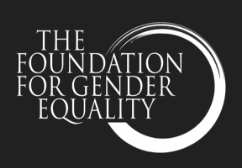
2020 Democratic presidential candidate Sen. Kamala Harris unveiled a $1 billion proposal in early July that could help to clear the backlog of an estimated 225,000-250,000 untested rape kits.
Linking her new proposal to her history as a prosecutor, Harris tweeted to her followers, “We need leaders committed to fighting for justice for survivors of abuse, not protecting predators.” As California’s Attorney General, Harris’ push for more funding to go towards rape kit analysis cleared a 1,300-kit backlog and lowered the average testing time from 90-120 days to just 30, earning her an Award for Professional Innovation in Victim Services from the U.S. Department of Justice.
Read More









